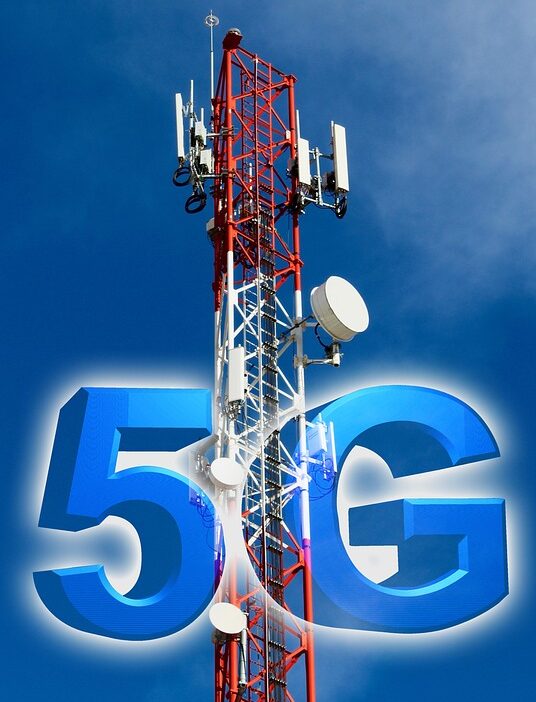In the rapidly evolving landscape of technology, 5G stands out as a game-changer, promising to revolutionize how we connect, communicate, and interact with the world around us. As we step into an era defined by speed, efficiency, and innovation, it’s evident that 5G technology is not just another incremental upgrade; it’s a profound transformation.
What is 5G?
5G, the fifth generation of mobile network technology, offers significant enhancements over its predecessor, 4G LTE. With lightning-fast speeds that can reach up to 10 Gbps, ultra-reliable low-latency communication, and the ability to connect a staggering number of devices simultaneously, 5G is built to support the increasing demands of our digital age.
Key Features of 5G
-
Blazing Speeds: 5G delivers speeds that are up to 100 times faster than 4G, enabling faster downloads, smoother streaming, and instantaneous access to information.
-
Low Latency: With latency as low as 1 millisecond, 5G allows for near-instant communication between devices, making it ideal for applications such as virtual reality (VR), augmented reality (AR), and real-time gaming.
- Massive Device Connectivity: 5G can support up to 1 million devices per square kilometer, paving the way for smarter cities and the Internet of Things (IoT), where everything from appliances to vehicles can communicate seamlessly.
Transforming Industries
The implications of 5G extend beyond faster smartphones; they ripple across various industries, fundamentally altering how businesses operate and engage with consumers.
1. Healthcare
In healthcare, 5G enables remote surgeries where specialists can operate robotic instruments from thousands of miles away, thanks to low-latency connectivity. Social distancing measures during the COVID-19 pandemic showcased the importance of telemedicine, and 5G further enhances this, offering high-definition video consultations and real-time patient monitoring, thus improving access to care.
2. Transportation
The automotive industry is already witnessing the impact of 5G with the advent of autonomous vehicles. These vehicles rely on real-time data exchange with other vehicles and infrastructure. The enhanced connectivity provided by 5G is crucial for ensuring safety and efficiency, helping to reduce traffic congestion and accidents.
3. Smart Cities
5G plays a pivotal role in developing smart cities, where infrastructure systems such as transportation, lighting, and waste management are interconnected. This leads to increased efficiency and sustainability, optimizing city resources, and enhancing the quality of life for residents.
4. Entertainment and Media
In the entertainment sector, 5G facilitates high-quality streaming of 4K and 8K content, virtual reality experiences, and immersive gaming. This not only enhances user experiences but also opens new avenues for content creators and distributors, enabling them to engage with audiences in innovative ways.
Challenges Ahead
Despite the immense potential of 5G, several challenges need to be addressed. Infrastructure development is a significant hurdle, as existing networks require substantial upgrades to support 5G capabilities. Moreover, cybersecurity concerns are paramount; as more devices connect to the network, the risks of data breaches and vulnerabilities skyrocket. Policymakers must assert a framework for standards and security measures alongside technological advances.
Conclusion
5G is not merely a technical advancement; it represents a fundamental shift in our digital landscape. By unleashing unprecedented connectivity and enabling transformative applications across numerous sectors, 5G is poised to enhance productivity, drive economic growth, and enrich our daily lives. As we continue to navigate the challenges and opportunities that come with this technology, one thing remains clear: the future of connectivity is here, and it’s faster, smarter, and more innovative than ever before. The journey into a 5G-enabled future is just beginning, and the possibilities are boundless.



